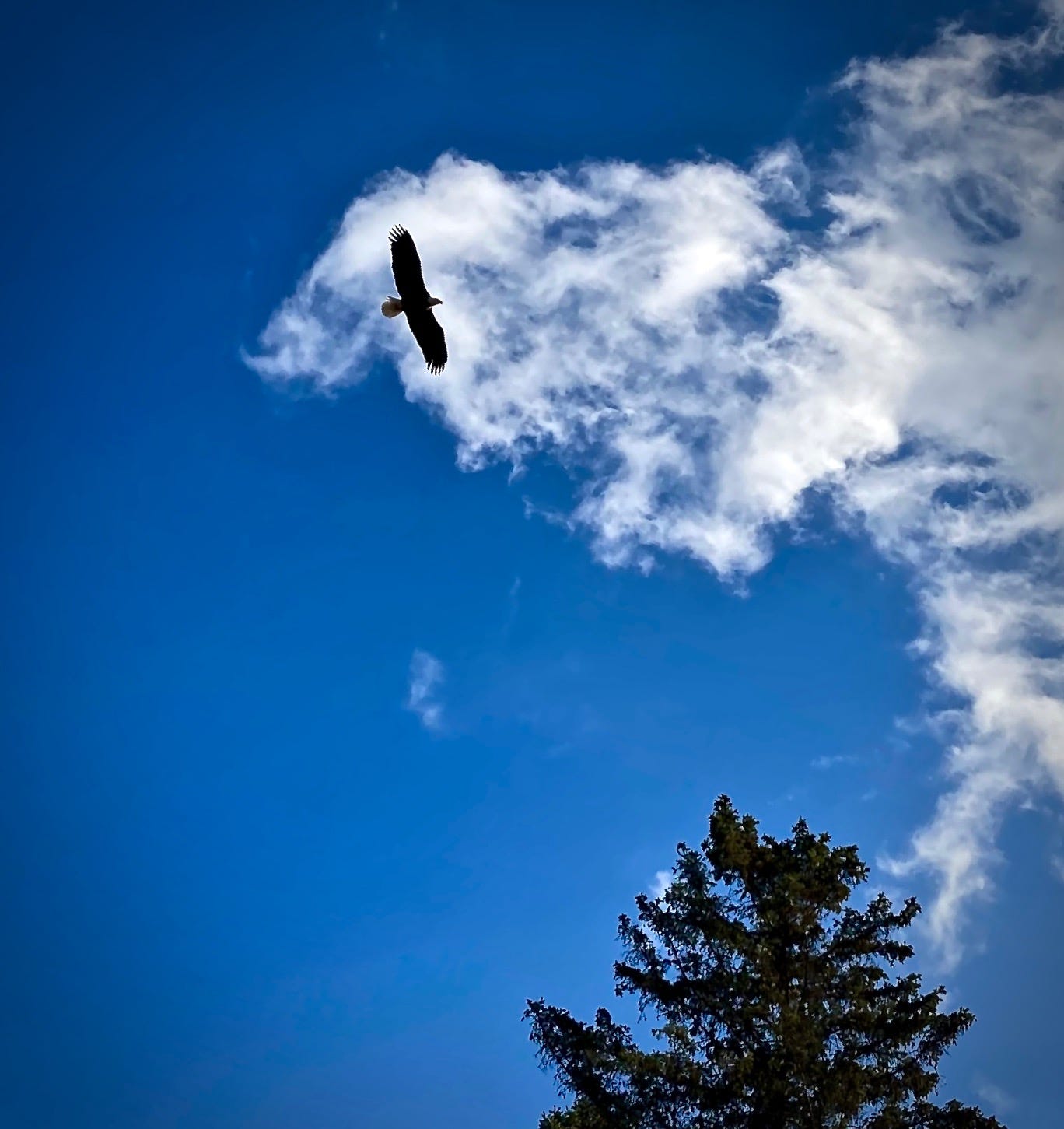Town Hall Meeting
“Town hall meetings can be traced back to the colonial era of the United States and to the 19th century in Australia. The introduction of television and other new media technologies in the 20th century led to a fresh flourishing of town hall meetings in the United States as well as experimentation with different formats in the United States and other countries, both of which continue to the present day.
Town hall meetings are meant to resemble the New England town meeting that originated in the 17th century. However, participants in town hall meetings do not actually vote or make legally binding decisions as town meeting voters do.
Some political organizations track publicized town hall events by politicians across the United States.
The 1858 debates between Abraham Lincoln and Stephen Douglas in some respects resembled a modern town hall meeting, although the candidates did not take questions from the audience.[8] Not until the twentieth century did presidential candidates commonly campaign in person. Gradually, especially from the 1990s onward, presidential town hall meetings have become nearly as common as stump speeches.” (Wikipedia)
This Month in History: Caucus
“In February of 1763, John Adams reported that the Boston caucus club, a group of politically active city elders, would meet in the garret of Tom Dawes to choose Assessors, Collectors, Wardens, Fire Wards, and Representatives. He wrote that at the meetings, those present would smoke tobacco till you [could not] see from one end of the garret to the other. A similarly opaque smoke screen seems to shroud the history of the word caucus. Linguists can see that it is clearly an Americanism; Adams's use is the first known to link the word to such a political meeting. Beyond that, details are uncertain, but some scholars think caucus may have developed from an Algonquian term for a group of elders, leaders, or advisers.” (Merriam-Webster)
Caucus
It may be very snowy in some states, but this is caucus season. The smallest geographical area most communities meet in is called a “precinct.” Residents of that precinct gather to discuss ideas and concerns, and decide on candidates for elected jobs. The people at a political caucus are members of a particular party, or at least choose to attend that party’s caucus because they feel it best represents them. Each party makes its own rules about how to operate the caucus, but they agree on concerns they want to have the government work on.
Definition of caucus:
-a closed meeting of a group of persons belonging to the same political party or faction usually to select candidates or to decide on policy ‘a presidential caucus’
also:
- a group of people united to promote an agreed-upon cause.” (Merriam-Webster)
For a good explanation about caucuses, there is a web site called, “Master Class” with a section about caucuses, with special attention to presidential elections. 2024 in the United States is a presidential election and with elections for other offices.
Primary
“In a primary election, registered voters may participate in choosing the candidate for the party's nomination by voting through secret ballot, as in a general election.
There are two main types of primaries, closed or open, that determine who is eligible to vote in the primary. In a closed primary a registered voter may vote only in the election for the party with which that voter is affiliated. For example a voter registered as Democratic can vote only in the Democratic primary and a Republican can vote only in the Republican primary. In an open primary, on the other hand, a registered voter can vote in either primary regardless of party membership. The voter cannot, however, participate in more than one primary. A third less common type of primary, the blanket primary, allows registered voters to participate in all primaries.
In addition to differences in which voters are eligible to vote in the primary, there are differences in whether the ballot lists candidate or delegate names. The presidential preference primary is a direct vote for a specific candidate. The voter chooses the candidate by name. The second method is more indirect, giving the voter a choice among delegate names rather than candidate names. As in the caucus, delegates voice support for a particular candidate or remain uncommitted.
In some states a combination of the primary and caucus systems are used. The primary serves as a measure of public opinion but is not necessarily binding in choosing delegates. Sometimes the Party does not recognize open primaries because members of other parties are permitted to vote.” (Votesmart)
For local information about your area, go to Vote411, a free, non-partisan (no party) organization.
Merriam Webster, Caucus
Wikipedia, Town Hall Meeting
Votesmart, Primary





